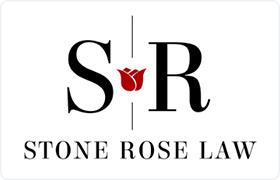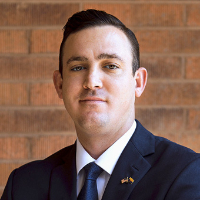Skull Valley Felony Lawyer, Arizona, page 2
Sponsored Law Firm
-
 x
x

Click For More Info:
-
Stone Rose Law
8010 E McDowell Road Suite 105 Scottsdale, AZ 85257» view mapCriminal Defense High-Quality & Affordable Representation
If you have been charged with a crime, you need experienced representation from a Phoenix criminal lawyer at Stone Rose Law.
800-964-0510
Not enough matches for Skull Valley Felony lawyer.
Below are all Skull Valley Criminal lawyers.
Lanette M Hanna
Juvenile Law, Industry Specialties, Criminal, Business
Status: In Good Standing Licensed: 32 Years
Jonathan David Conant
Mediation, Dispute Resolution, Family Law, Juvenile Law
Status: In Good Standing Licensed: 37 Years
 Steven Scharboneau Scottsdale, AZ
Steven Scharboneau Scottsdale, AZ Practice AreasExpertise
Practice AreasExpertise
